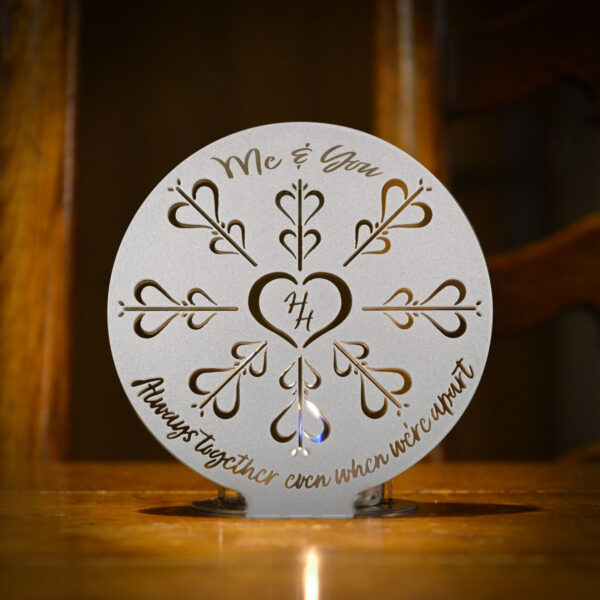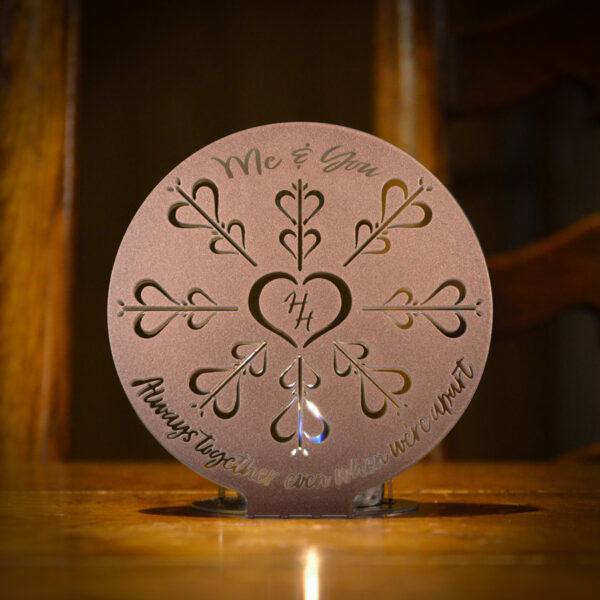Description
What is Diwali, the Festival of Lights?
The season’s brightest and most spectacular festival. For more than 2,500 years, Diwali has been the Hindu celebration of lights. This year, Diwali will take place between November 2nd and continue through to November 6th.
In essence it celebrates the victory of the forces of light over the forces of darkness.
The history of Diwali
India’s festival of lights is held on the 15th day of the Hindu lunar month of Kartik. The main night of Diwali occurs on the night of the new moon, also known as the “darkest night.” Candles and lamps are lit to request the presence of the deities that communities across India recognize on this night. The lights represent hope over despair, knowledge over ignorance, and good over evil.
The word Diwali comes from the Sanskrit word Deepavali, meaning “row of lights.” Although rooted in Hinduism, Diwali is celebrated by many cultures and religions in India.
For many Hindus, especially in northern and central India, Diwali marks the return home of deities Rama, Sita, Lakshmana, and Hanuman to Ayodhya after 14 years of exile. Celebrants of the holiday across India light oil lamps and candles to help guide Rama and his wife Sita home.
In southern India, Diwali popularly celebrates a story of the Hindu god Krishna – a different incarnation of Vishnu – in which Krishna frees 16,000 women from an evil king.
In the western state of Gujarat, one of India’s multiple New Year celebrations coincides with Diwali. Their Diwali celebration is associated with the goddess of prosperity, wealth, good luck, and happiness: Lakshmi. During the celebration, gifts and coins are often exchanged.
And in eastern India, local Hinduism often associates the Diwali festival with the goddess Durga, and her victory of good over evil.
The five days of Diwali.
While Diwali takes place on a single day, Diwali celebrations last at least five days.
Day One of Diwali: Dhanteras
Celebrations for Diwali this year begin on November 2nd with Dhanteras. Dhan means wealth, and teras refers to the 13th day of the lunar month of Kartik. It is believed that buying precious metals on this day brings good fortune.
Day Two of Diwali: Naraka Chaturdasi (or Chhoti Diwali)
The second day of the Diwali celebration is Naraka Chaturdasi, or Chhoti Diwali (small Diwali). Paper demon effigies are burned in Goa, honouring the belief that on this day Lord Krishna and Goddess Kali defeated the demon Narakasura.
Day Three of Diwali: Amavasya
The third, most important day of the Diwali celebration in most places is the new moon day, known as Amavasya. This darkest day of the month, the most important day of the festival throughout most of north and west India. Night-time pujas are held to celebrate Lakshmi, however, some regions focus on honouring the goddess Kali. This day is when candles, oil lamps, and fireworks appear throughout homes and public places.
Day Four of Diwali: Govardhan Puja (or Bali Pratipada)
The fourth day of the festival has different meanings across the different regions of India and has several different names. In north India, Govardhan Puja is celebrated as the day when Lord Krishna defeated Indra the god of thunder and rain. In many households, wives pray for the long life and prosperity of husbands, and husbands present wives with gifts. In several other regions, this day celebrates Lord Vishnu’s victory over demon king Bali on this day.
Day Five of Diwali: Bhai Duj
The fifth and final day of Diwali, known as Bhai Duj, is a day for celebrating siblings. The name duj means second day after the new moon, and bhai means brother. Sisters traditionally place a vermilion tilak, or mark, on their brothers’ foreheads on this post-Diwali celebration day, while brothers take time to lavish gifts on their sisters.








What others are saying
There are no contributions yet.